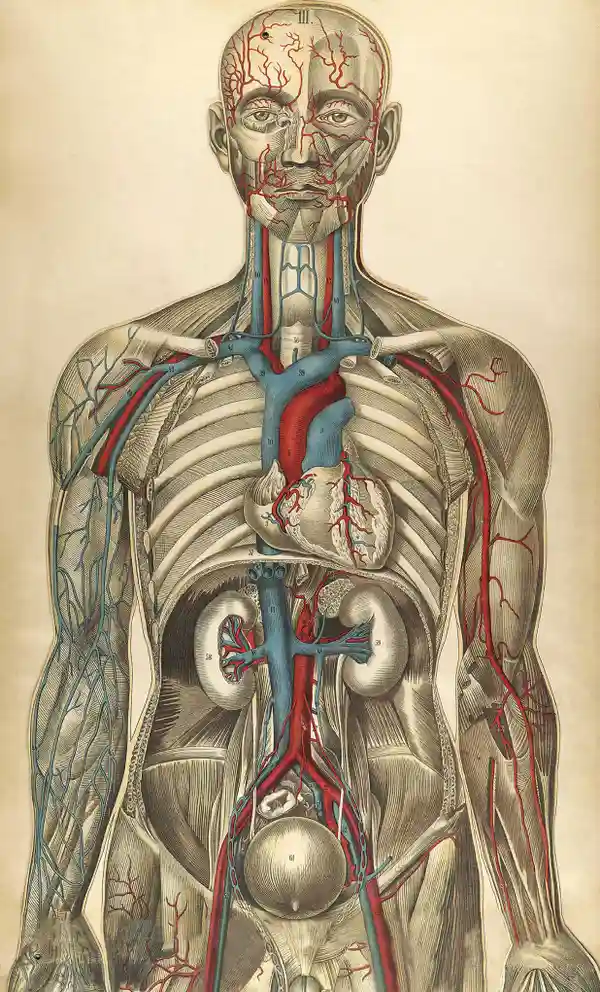What Use Is A Human Being?
Getting into "Human Compatible," this comes up.
The way it's asked in the book: What use is a human when machines can do everything better? Let's assume the premise, at least at some point in the not-too-distant future.
The concern arises from eliminating almost all "jobs," including truck drivers, construction workers, information workers, and so forth.
So one way of asking the question assumes that a marketplace still exists. In that world, the question is, What would I have to sell that would provide me with the essentials of life? The core assumption is that the marketplace would have no use for you, or at least so little use for you, and that "wages" would be close to zero. This was already Marx's concern, but he thought the issue was social rather than humans competing with machines for employment and the owners of the machines taking an "unfair" slice of the profits.
The only solution on offer seems to be UBI = Universal Basic Income.
Then we are led to the second way of asking the question: What use am I at all? Why get up in the morning? Why do anything? Why care? For many, these questions are answered by the need to "earn a living" and "put food on the table." Without that, what's left?
We are talking about ordinary people here, not those who will become poets or systems engineers. "Joe six-pack."
We already have a hint of the answer: drugs, sex, and video games.
This leads me to an even darker version of The Matrix, where people are maintained physically but spend most of their time in "Virtual Reality" of some sort.
There is a more hopeful answer.
Fundamentally, people are here to serve and learn or to be served (by humans) and teach. We enjoy creating with others (assuming a big help from AI.)
That could be the basis of a "hopeful future."
We have had the vision of "lifelong learning" since I was a kid. It still appeals to me. On the other side is the concept of mentorship or, more broadly, "service." In a hopeful future, we would be encouraged to learn and serve. There is already a market for this. In some cases, learners (children) are subsidized. Older children still get financial aid for "advanced" education. Teachers and mentors are paid for their service. Projects involve both mentors and learners as well as experts (professionals). Such projects need to attract "funding." It is conceivable that the same society that provides UBI would be a source of funding for "projects" and teaching institutions.
In the future, all this would be in the "cloud," so participants in any of these configurations could come from anywhere. For example, a "student" from Nigeria could learn from a mentor in Peking. We already see that the "mentor" need not be alive or active since much of this interaction can be handled "online" very cheaply, driven by little more than the student's curiosity and his/her access to the cloud.
But the darker version beckons too.
In a darker version, meaning is sought in "virtual reality," which (if the present is any kind of clue) is violent and competitive. There would still be competition for those meager UBI dollars to spend on "virtual" goods, like land, weapons, and status. In other words, humanity would move into the virtual world, bringing all the real world's problems into the virtual world. The big picture would be UBI channeled into the virtual world, the domain of AGI, and into the "pockets" of whoever owns and controls one or more AGI worlds.
These two visions are not mutually exclusive. Some people will spend their lives playing virtual hockey. Some will earn four PhDs for fun.




Comments
Post a Comment